Theme Festival - Lifestyle: Travel & Adventure

Traditional travel programming was already facing a challenge to its sustainability and green credentials, so has the pandemic hastened a move to more domestic-based series and local crews? This Theme Festival article on travel programming finds out.
No genre of unscripted television was as badly affected by the Covid-19 pandemic as travel programming.
Even shiny-floor talent shows were able to continue in some form, without audiences and with protocols and distancing restrictions. But the idea of flying presenters and crews internationally between countries with different and ever-changing threat and restriction levels became a logistical nightmare, mired in expensive hotel isolation periods and production insurance problems.
The solution for producers of such content was to create more shows set at home. UK audiences have been presented with a lot of content looking at the holiday region of Devon and Cornwall, and a lot of comedians have been seen trundling around the countryside in VW campervans.
Is this new form of the genre here to stay? Particularly with audiences facing a cost-of-living crisis looking for more realistic holiday options than a fortnight in the Maldives? Or is escapism once more the order of the day?
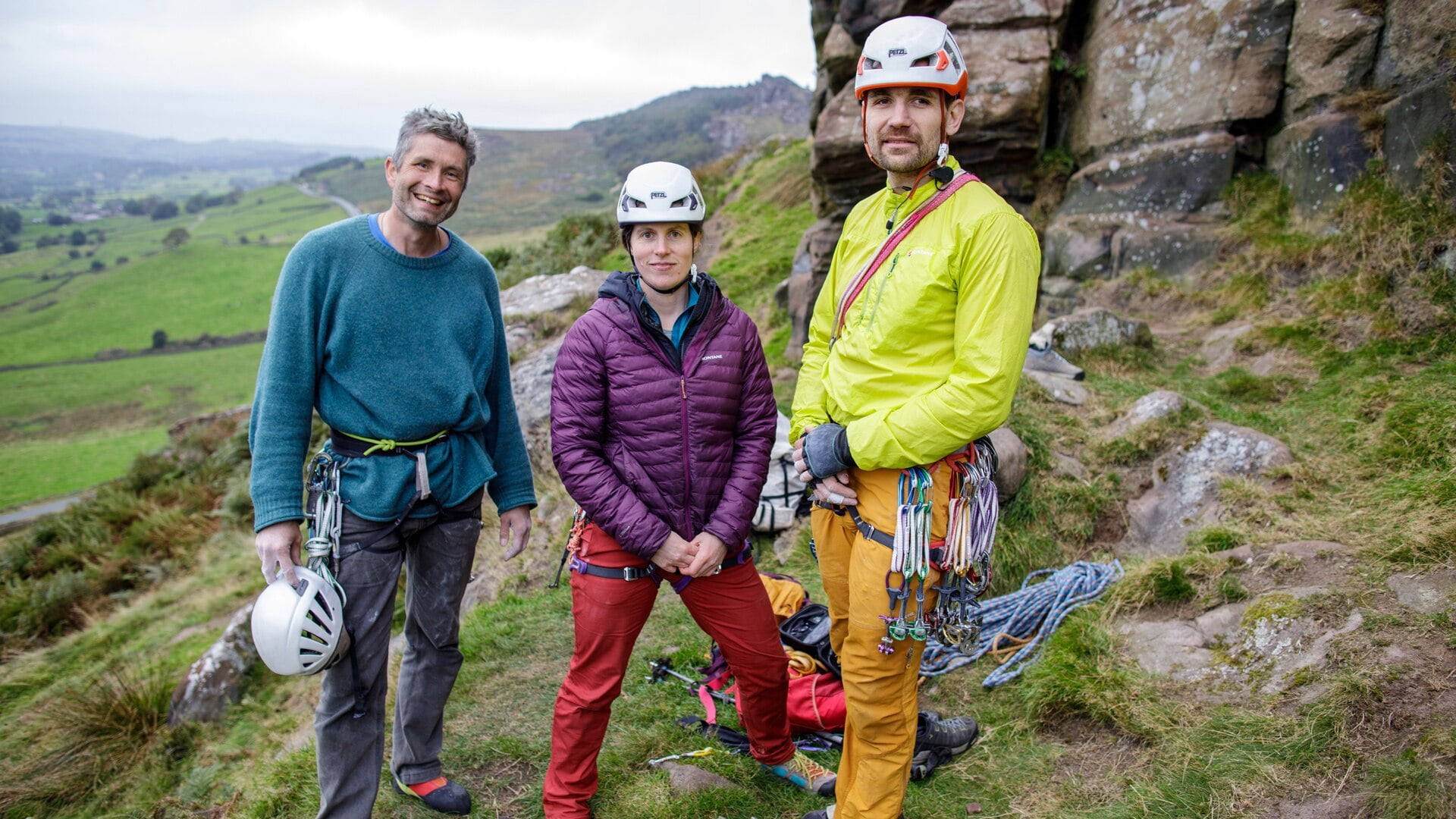
Christian Hills is an executive producer at Sky-backed UK prodco True North, which produces domestic-based series Devon & Cornwall and The Pennines: Backbone of Britain for commercially funded UK pubcaster Channel 4.
“From our point of view, things are very much back to normal,” he says. “We’re still ensuring that crews and contributors remain protected from Covid, testing if feeling ill, but no real challenges. Given our slates based around domestic filming, we’re also avoiding the trickier issues that leaving the EU has thrown up, from sorting carnets to ensuring crew haven’t overstayed their allowance.
“I suspect the balance will tip slightly more towards the far afield travel locations again, but maybe the cost of living crisis that’s happening will mean people remain as interested in the amazing places on their own doorstep as those in more exotic climes. Certain locations’ popularity never seems to wane though – we can’t seem to get enough of Yorkshire or Devon and Cornwall, which is good for us.”
Irish indie Cornelia Street Productions benefitted from being based in Dublin by winning orders for domestic content from international broadcasters during lockdown, such as John Torode’s Ireland for Discovery.
“We shot John Torode’s Ireland over a period of months, starting last September, when the rules in Ireland were still pretty strict, and stricter than the UK,” explains co-founder and exec producer Sarah Sapper.
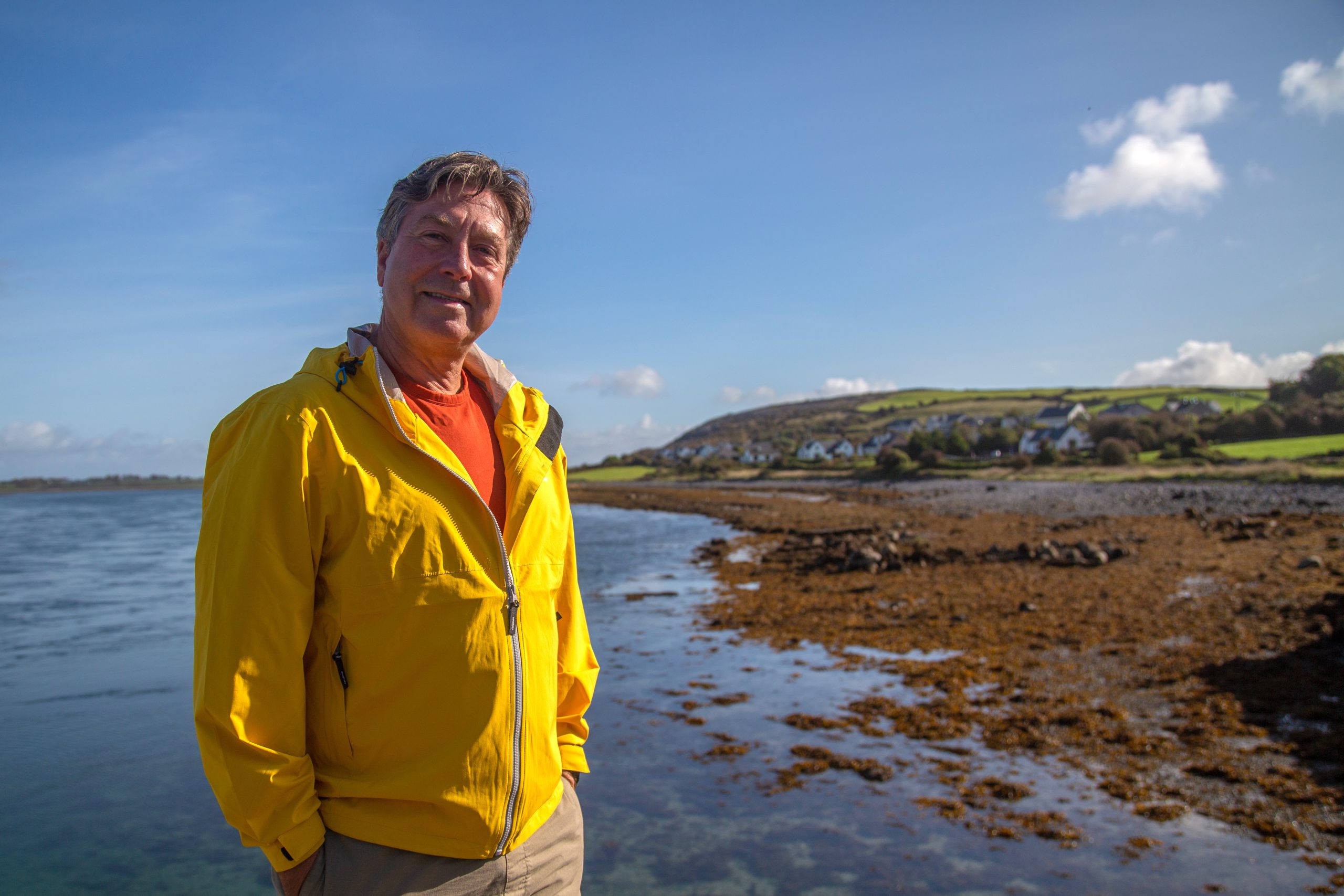
“Our biggest worry was that one of our contributors or team would go down with Covid and we would have to stop shooting and all isolate. Luckily that didn’t happen, but we were very careful to maintain social distance, wear masks etc. We also tried to shoot as much as possible outside, including the cooking sequences, especially where the kitchen was small. Our Irish contributors joked with us that we were extraordinary lucky to have clear skies pretty much throughout.
“You can see lots of people are wanting to fly again and return to the continent and beyond, but these last two years have reintroduced many people to the joys of a staycation and we’re sure there’ll still be plenty of interest in UK-based shows. There’s also the whole ‘localism’ movement, especially when it comes to food. John Torode’s Ireland was really all about that farm-to-fork, uber-local philosophy transforming a food culture. There’s been a lot of recent shows focusing on that and I’m sure there’ll be more.”
“From what we are seeing, travel shows are still remaining quite local, although things are starting to open up, but slowly,” says Sarah Bickley, head of sales at London-based distributor Beyond Rights. “Ironically, it’s the travelling itself that is the biggest issue, with varying Covid restrictions still in place in parts of the globe, plus the huge amounts of form-filling and extra planning now required to get a crew overseas. And it all adds to the schedule and budget.
“Buyers do seem to be over the straightforward Devon & Cornwall-type programmes but are interested if there’s a twist or fresh approach – such as with our Best of Britain by the Sea, which not only goes to a few less obvious locations, such as Aberdeenshire, but also has a focus on local food as part of a great British holiday.
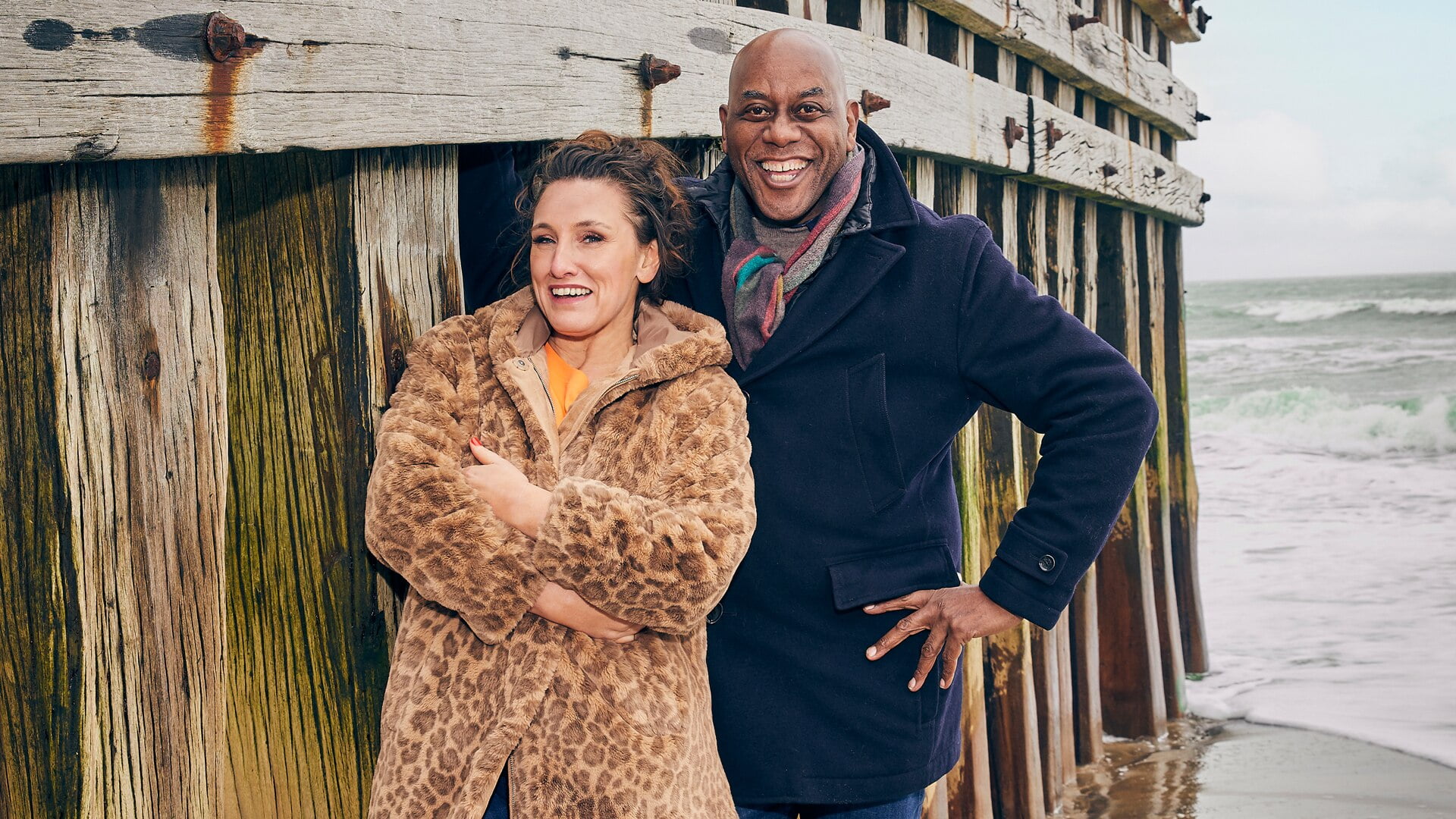
“Aspirational travel content has always worked well and continues to do so. We have recently concluded a number of deals for World’s Most Incredible Hotels, a 13-part series that takes in the most sumptuous and iconic hotels and resorts across 26 locations in 18 countries. And Billion Pound Cruise, which mixes travel with reality, is also doing well.
“It will be interesting to see what happens as the cost of living crisis spreads. People may not be travelling so much and could be looking for more of these shows as a means of escape. Or alternatively, we may see more content in demand about holidaying on a budget or travel shows with more cost-related tips and advice included.”
Sarah Tong, director of sales at UK distributor Hat Trick International, has a mixture of travel shows on her slate. A fourth season of ITV’s Breaking Dad with Bradley Walsh features daring challenges around the world and has already been sold to TVNZ and TVB Hong Kong. The company has celebrity-fronted travel series South Africa with Gregg Wallace, Australia with Julia Bradbury and Tom Kerridge’s American Feast, but also a domestic series in Britain’s Beautiful Rivers with Richard Hammond.
“Budgets are constantly being squeezed so it’s harder and harder to make any genre for the fee paid by the commissioning broadcaster,” Tong says. “We’re usually having to pay an advance to cover the deficit. This is often the case with travel series where overseas travel is more expensive and more problematic with Covid rules and insurance.
“I don’t think there is a set criteria for what buyers are looking for – they want quality and something original and preferably hosted by a well-known face. We have a UK-based travel series [Beautiful Rivers with Richard Hammond] which is proving very popular. It’s high-quality, looks good and [former Top Gear presenter] Richard obviously has an international following.”
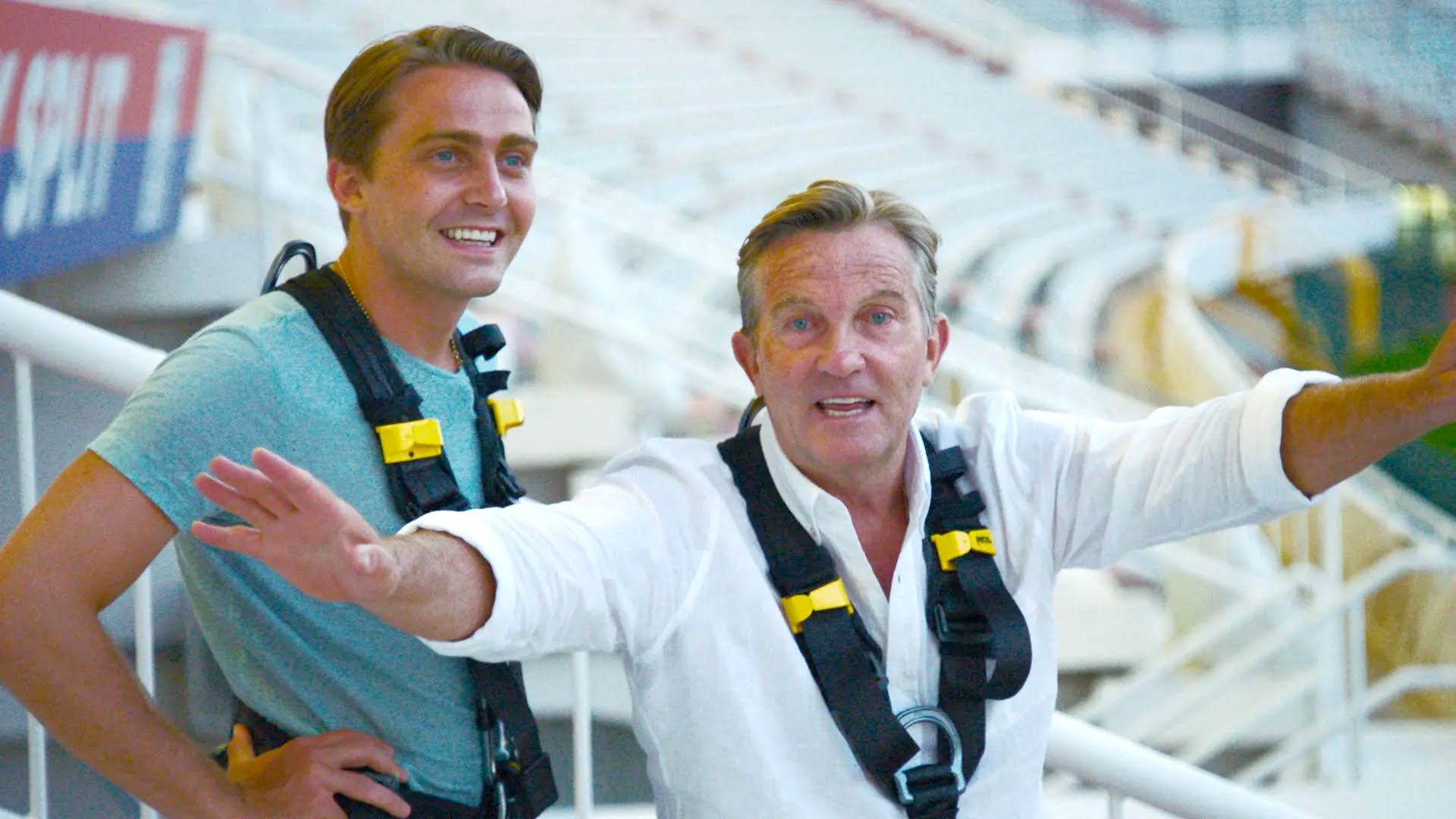
Travel programming was already facing a key challenge pre-pandemic. Television is keen to show itself as a forward-thinking, environmentally friendly industry and pushes its green credentials wherever it can. How that tallies with flying crews, presenters and kit around the world in big jets has always been a little bit hazy. One of the great contradictions in natural history programming is that it is often documenting the extreme effects of climate change by flying a crew to, for example, the Galapagos Islands to film a bird with a piece of plastic in its stomach.
Will the pandemic hasten a move towards less extravagant travel? More use of local crews? Or is it back to business as usual?
Patrick Weiland, senior VP of production and development at US indie Intuitive Content, has a green-focused programming that requires filming in exotic locations. Documentary series Eating Up the Oceans: How Do We Save Our Seas? goes into production later this summer with David E Kelley and Andrew Zimmern as executive producers.
“We are certainly back to looking for exotic locations and aspirational content,” he says. “Eating Up the Oceans: How Do We Save Our Seas? will take us to some spectacular locations around the globe. It’s what we love producing most of all.
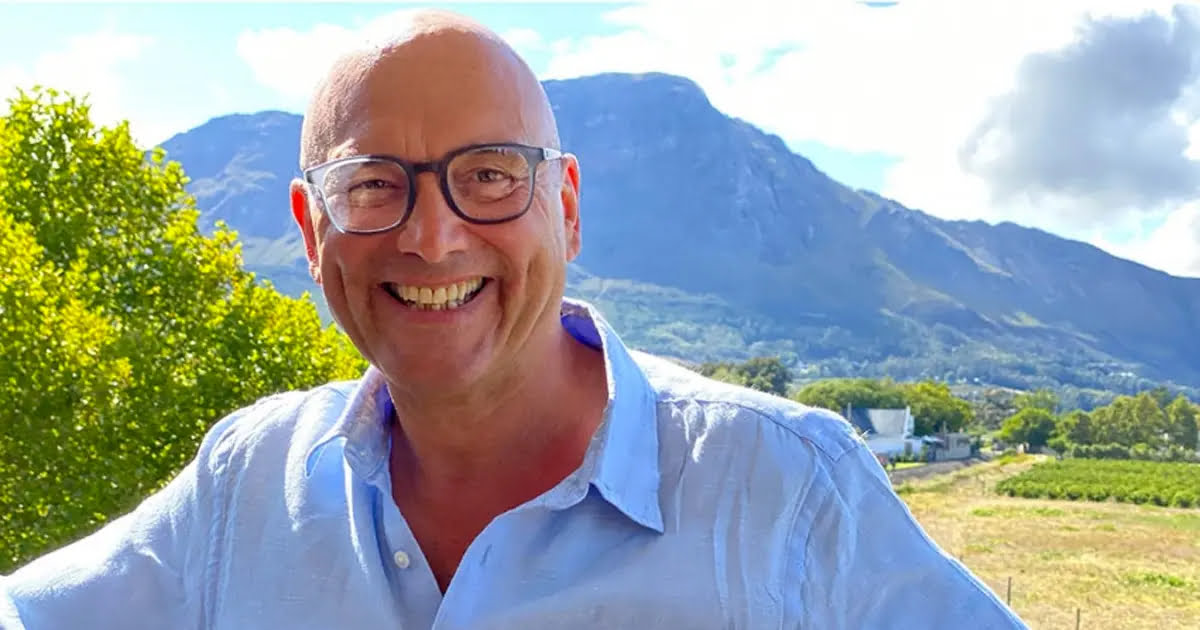
“We’ve always worked to employ locals on our overseas productions as much as possible and we will continue to do that. There is so much amazing production talent around the globe, it has really made this process easier than it was 20 years ago.”
Sapper, at Cornelia Street in Dublin, is eyeing a growing trend for production crews to use rail travel, particularly overnight sleeper trains, instead of flying across Europe.
“I think there are more people interested in eco-friendly travel for sure, especially on the continent, where rail networks are really good between countries. I see a high-speed link between Berlin and France has been announced,” she says. “But lots of people still seem very happy to fly. For our Irish series, we wanted to have a mainly Irish, or Ireland-based, crew, and they did a fantastic job. This, of course, reduced travel costs, so was a win-win.
“Moving a team round on trains rather than planes or cars is always desirable, but budgets and logistics sometimes mitigate against it and using locally based teams or individuals is probably the best way to reduce the carbon footprint of a production.
“I think one trend is towards authenticity and the presenter having a genuine connection and/or passion for a place or a reason to go there or return there. We’re developing a series on North Africa with someone who’s not an obvious household name but who has got roots there and a real passion for and expertise in the food and who will take us to unusual places and find great people and stories. We also are seeing more ‘double or treble acts’ too – following on from the Hairy Bikers and Gordon, Gino & Fred. The banter makes great telly for sure.”
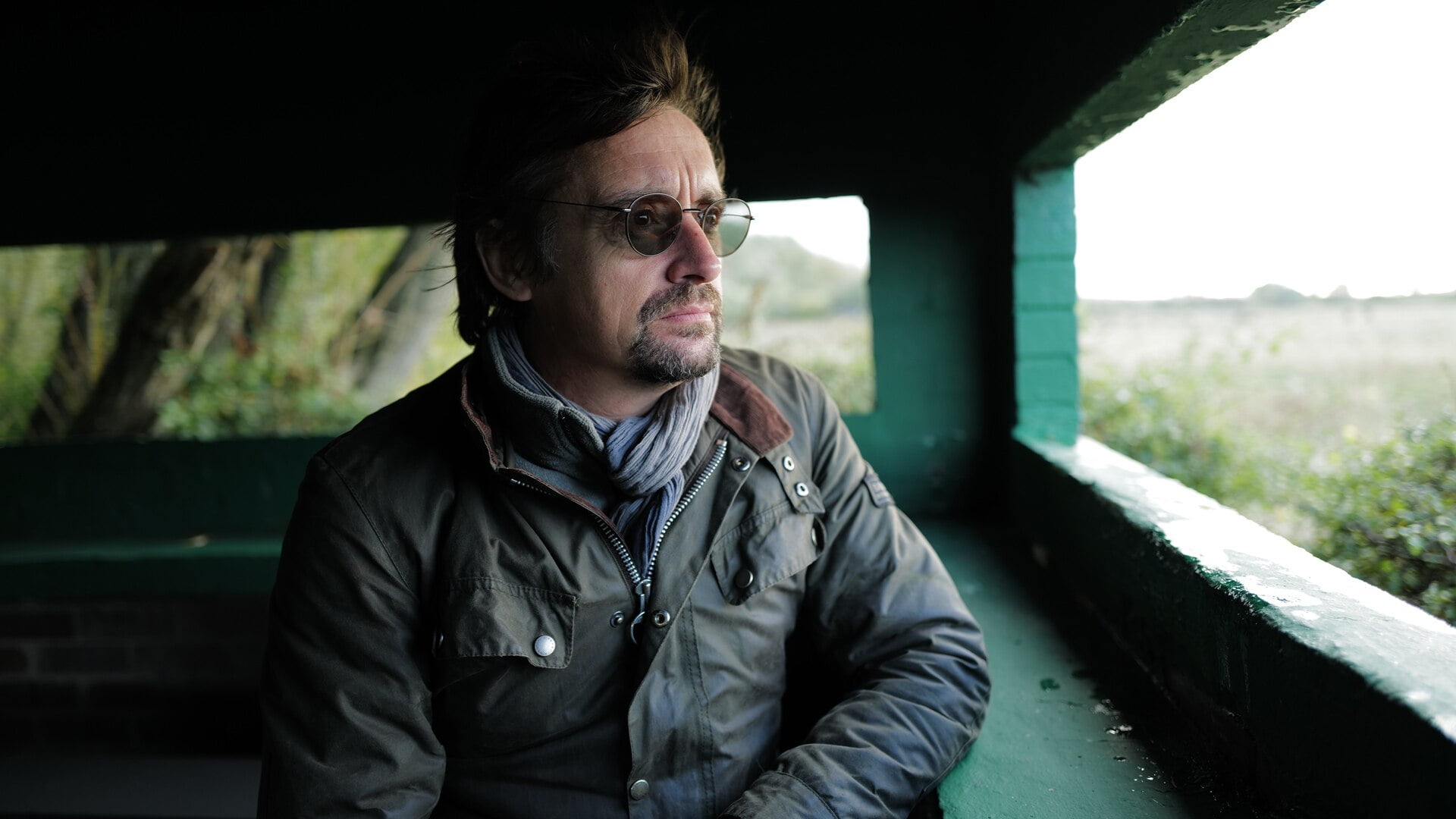
Train travel is also on the mind of Sarah Bickley at Beyond Rights. “The environment is increasingly topical on screen and, indeed, becoming more mainstream as a subject. Race for the Future has an overt focus on the environment, and we also have a 10-part series called Leave No Trace which showcases unique eco-adventures across the globe that are still stylish and luxurious but can be taken in an environmentally friendly way. Europe’s Greatest Train Journeys also promotes the train as a more environmentally friendly way to travel. The knack is to still make travel shows appealing and inviting – and not too worthy,” she says.
“Producers are certainly factoring environmental considerations into their productions where they can – but budget and skills availability will always dictate how far this can be pushed. For example, while prodcos may look for a team on the ground to help with access, local languages etc, they will always want to have their own crew members too in order to ensure the original vision and agreed narrative gets delivered. This can be challenging to manage from afar.”
“Even though we’re filming in the UK, we still try to minimise the environmental impact of our productions and meet the guidelines set down by Albert [the industry tool for calculating the carbon footprint of film and TV productions],” Hills at True North says. “Some of the things we do include using hybrid vehicles where possible plus smaller elements such as reusable batteries as well as minimising the amount of physical paperwork by using digital consent forms and call sheets.
“The biggest trend, especially when it comes to celebrity-led travelogue, is a need for the talent to have a genuine connection with the place they are visiting, otherwise that passion for the place doesn’t really come across and I think as a viewer you notice that.”